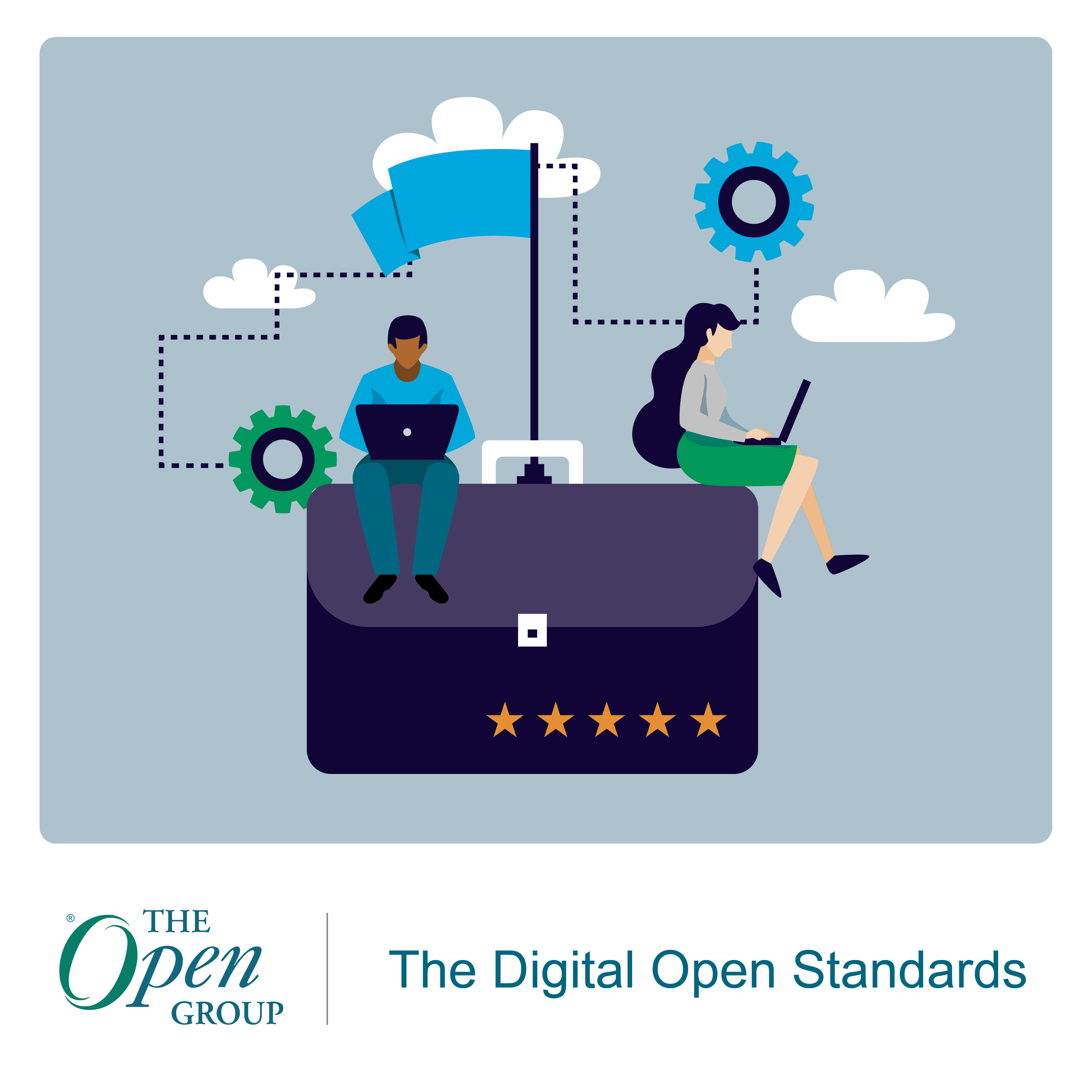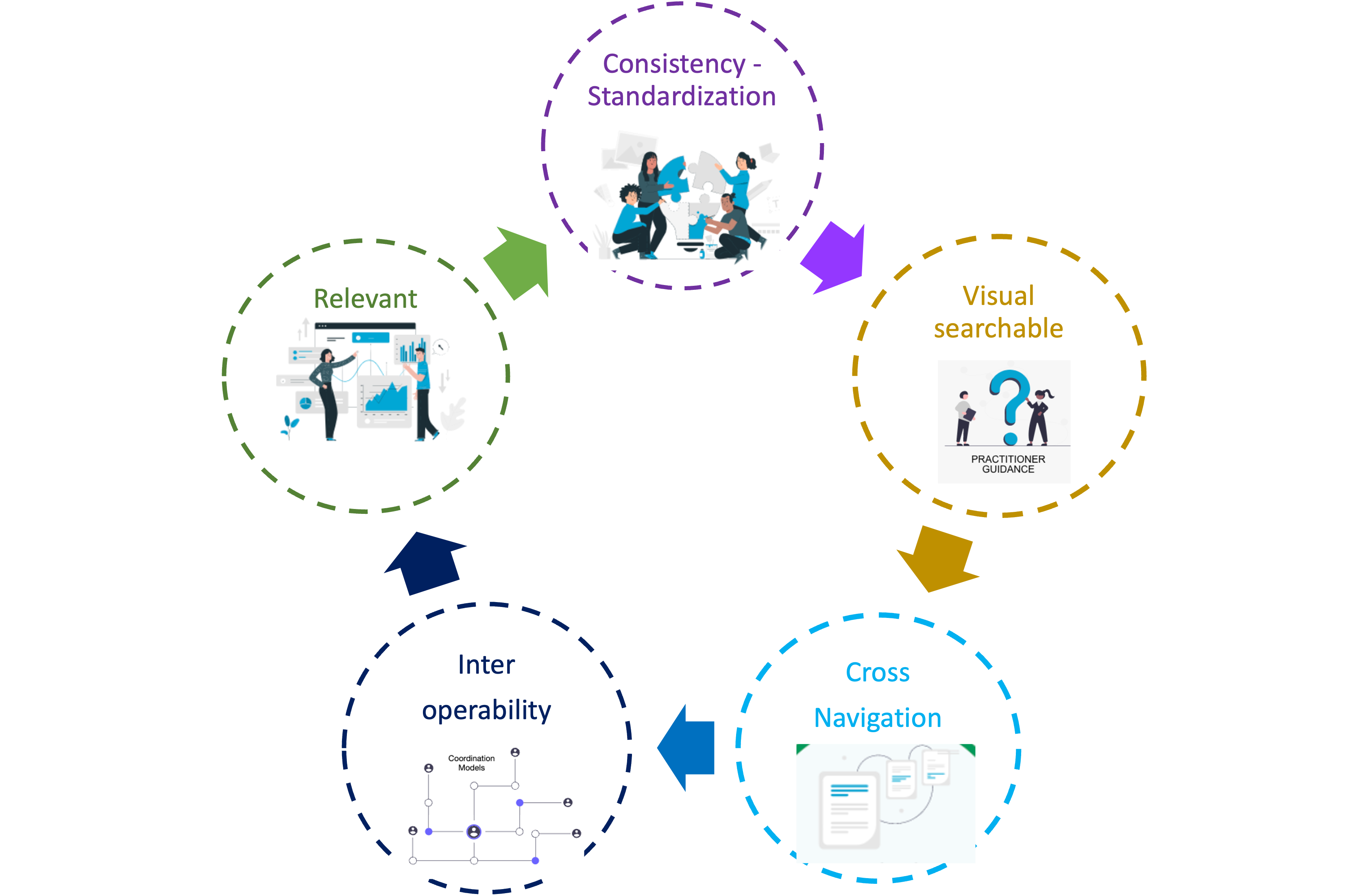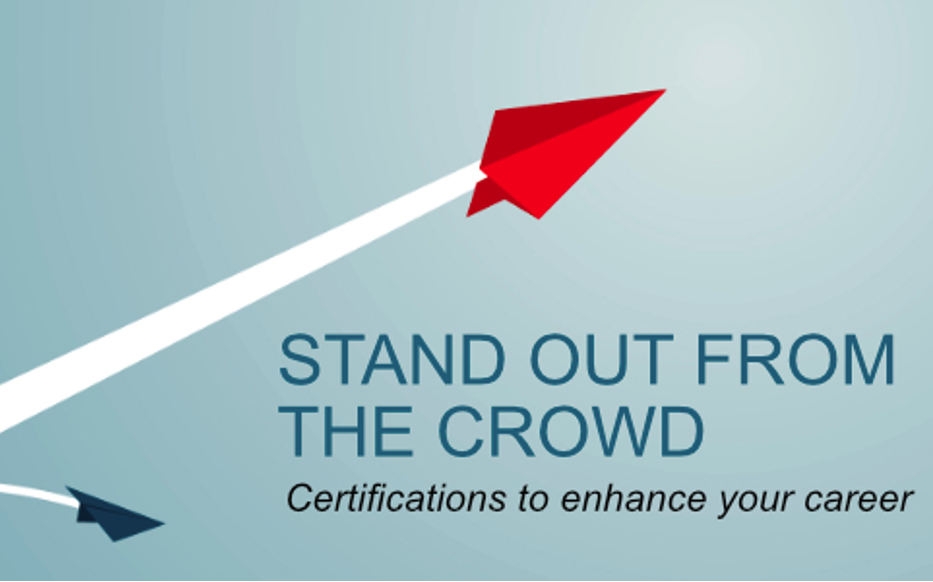
The “Portfolio of Digital Open Standards” is a collection of open standards developed by The Open Group, a global consortium that promotes and develops best practices to support organizations through their journey to become digital.
The Portfolio includes well-known standards such as the TOGAF® Standard, the IT4IT™ Standard, the ArchiMate™ Standard, The Open Agile Architecture Standard - O-AAO,™ all Standards of The Open Group, and the Digital Practitioner Body of Knowledge™. There is also the Glossaries and Roles content, and a set of Digital Principles to support your digital transformation.
By using the Portfolio of Digital Open Standards, organizations will find guidance on how to transform their business and operational models to deliver and support digital products using digital platforms reducing complexity and pursuing consistency.
The Digital Portfolio provides visual, cross-linking, and cross navigation between between the standards and supports search facilities to find immediate solution to your problems.
In connection with the Digital Portfolio there is also now a Collection of Case Studies that represents the practical application of the Standards. They can be reached from the Portfolio using the right upper corner with the label "Case Study Collection".

- The Open Group standards are powerful and useful on their own but when used together they become more powerful and fit for purpose to address digital transformation
- The Portfolio of Digital Open Standards is a web-based channel for The Open Group Standards that will allow you to navigate and search content easily finding solutions to your problems in a more complete, consistent and holistic way combining best practices and knowledges from the different standards and practices using one single digital platform

As an enterprise grows, its organizational structure inevitably becomes more sophisticated and complex. Over time, when not managed properly, this can lead to departmental stove piping and create structural overhead that is detrimental to responding to market changes and lead to competitive disadvantage and stagnation.
By taking a lean approach, The Portfolio of Digital Open Standards:
- Firstly, helps an organization identify where it is on its journey from start-up to enduring enterprise
- Secondly, identifies and implements only the essential activities and processes required at each stage as it grows
- Thirdly, establishes agility, and ensures it remains agile throughout each stage of its evolution
- And lastly, makes the necessary changes to better exploit digital practices

Knowledge-Based Certification
The Open Group provides market-driven education and certification programs to ensure that individuals have knowledge and understanding of our vendor-neutral, open standards.
Achieving certification in the Digital Practioner Body of Knowledge, the IT4IT Reference Architecture, and the TOGAF Standard recognizes you as an authority in the principles defined in The Digital Portfolio of Open Standards, and will give you a head start in this highly competive and rapidly growing area. You may also be eligible for a Role-Based Badge to evidence this broader knowledge.
These certification programs increase the job and salary prospects for candidates and provide confidence to employers and prospective employers, so practitioners can evidence they have the skills required, and recruiters can take the guess work out of the recruitment process – all backed up by our open badges program.

